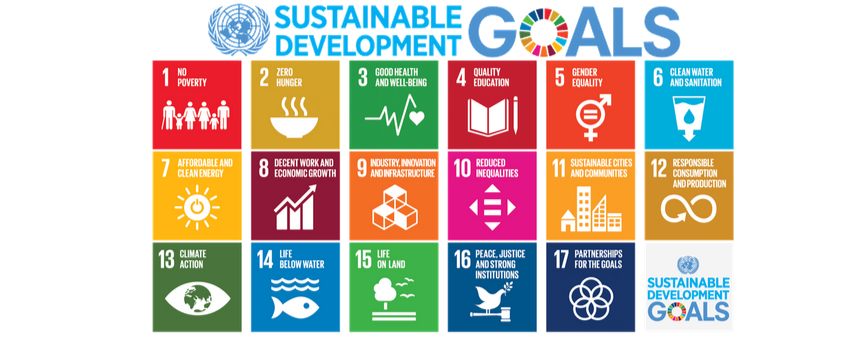TSC and the SDGs
In 2016, the United Nations' 17 Sustainable Development Goals (SDGs) of the 2030 Agenda for Sustainable Development came into force.
The SDGs establish a call for action by all countries, poor, rich and middle-income to promote prosperity while protecting the planet. They recognise that ending poverty must go hand-in-hand with strategies that build economic growth and address a range of social needs including education, health, social protection, and job opportunities, while tackling climate change and environmental protection.
In developing the Tourism Sustainability Commitment, TIA utilised the SDGs as the starting-point framework which we then evolved to meet the characteristics of the operating context of the New Zealand tourism industry.
We found that if applied literally, not all of the SDGs were directly applicable, but when viewed as part of what we call the TSC’s ‘balanced scorecard’, we can carry the intent of the SDGs directly into the TSC framework of: economic prosperity and resilience; delivering world-leading experiences; ensuring communities support and benefit from tourism; and ensuring tourism contributes to restoring New Zealand’s environment and biodiversity.
Tracking progress of the TSC over time, we believe, will provide an important evidence base of the contribution of the New Zealand tourism industry towards delivering on the spirit and intent of the SDGs.


